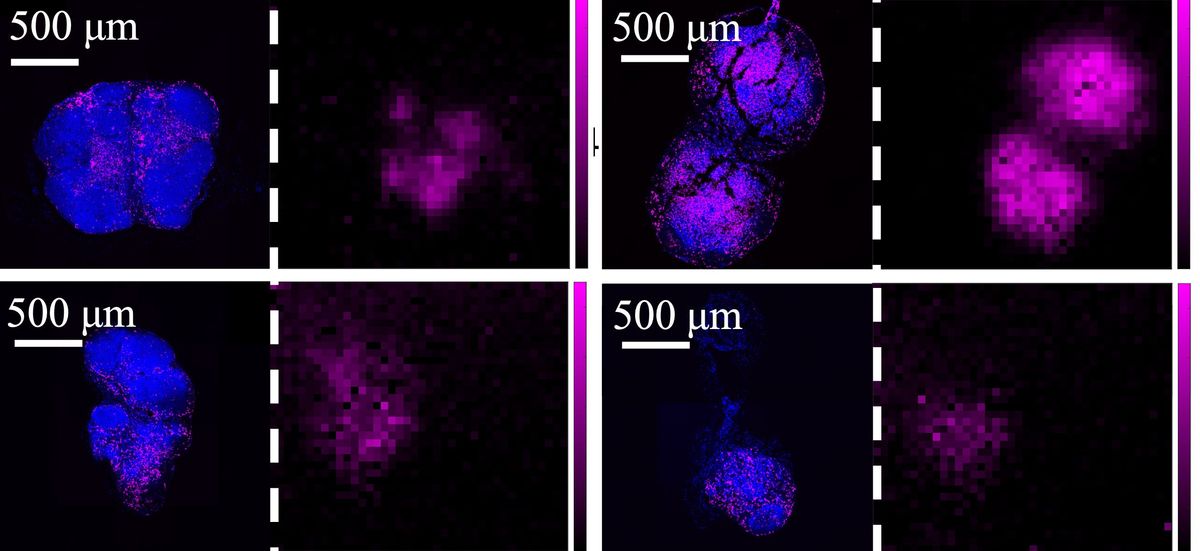The IEEE Humanitarian Activities Committee has been elevated to the IEEE Humanitarian Technology Board, effective 1 January. The IEEE Board of Directors approved the change in November.
The new board will oversee all humanitarian activities across IEEE’s groups, regions, and societies and is responsible for fostering new collaborations. It also will fund related projects and activities.
About IEEE HAC
- HAC’s SIGHT program has about 34,000 members in 213 groups worldwide.
- 557 project proposals from 52 countries and seven IEEE regions were submitted to HAC and SIGHT last year.
- It collaborated with more than 50 IEEE groups and programs last year.
The change provides a systematic process for creating programs and managing existing ones.
HTB is expected to focus on raising awareness of how technically trained people can contribute to society and provide training on how to go about doing that. The board also will continue HAC’s work building a sustainable development community within and beyond IEEE by partnering with the United Nations and other organizations.
HTB also will continue to host HAC’s annual Global Summit. The virtual event connects IEEE members from around the world who are using or want to use their technical expertise to address sustainable development challenges.
“The new board is going to benefit all of IEEE’s humanitarian and sustainable development programs and enhance the member experience across the world.”
“Bringing together IEEE groups to collaborate on humanitarian projects and working with outside organizations will help make IEEE a world leader in sustainable development,” says IEEE Senior Member Sampathkumar Veeraraghavan, the 2021–2022 HAC chair. “By doing so, IEEE can have a more graduated and aggregated global impact.”
“HTB allows IEEE to more effectively coordinate programs and projects across the organization,” adds Marc Beebe, senior director of IEEE strategic research, public imperatives, and corporate development. Beebe helped write the proposal to elevate HAC to a board. “Showing members the work IEEE is doing in the humanitarian sector creates a level of engagement that is just really important for members and for IEEE as an organization.”
Recognition of record growth and impact
HAC has grown significantly in membership and collaborations with IEEE groups and other organizations during the past two years. The number of humanitarian projects funded last year increased by almost 50 percent over 2020.
For its efforts, HAC was honored with the American Society of Association Executives’ Power of Associations Summit Award in the global development category. It was the first time IEEE received the award for its humanitarian activities.
“Receiving this honor is very special because it’s a historic milestone for the committee,” Veeraraghavan says. “I’m very excited that it won this award and am proud of how much HAC has grown over the past two years, despite the challenges brought on by the COVID-19 pandemic.
“Given IEEE HAC’s growth and global recognition, I think HTB is a great evolution for the committee,” he says. “It’s also going to benefit all of IEEE’s humanitarian and sustainable development programs and enhance the member experience across the world.”
Video about IEEE HAC played at the American Society of Association Executives’ award ceremony.www.youtube.com
IEEE’s humanitarian programs
HTB will be collaborating—and coordinating humanitarian efforts—with existing activities and programs including the following.
EPICS in IEEE (Engineering Projects in Community Service) empowers students to apply technical solutions to improve their communities and provides them with mentoring. EPICS also funds engineering projects in four core categories: access and abilities; community needs; environment; and education and outreach.
The IEEE MOVE (Mobile Outreach VEhicle) program provides communities worldwide with power, phone service, and Internet access in areas of widespread outages caused by floods, wildfires, and other natural disasters. The MOVE truck is equipped with satellite Internet access, IP phone service, and the ability to charge up to 100 cellphone batteries simultaneously. The vehicle has a generator as well as three solar panels that sit on the roof. It also has a mobile television—for tracking storms—and radios for communications.
IEEE Smart Village brings electricity—as well as access to education and job opportunities—to more than 300,000 people in nearly three dozen remote, off-the-grid communities worldwide. Smart Village members work with entrepreneurs in India, Nigeria, and other countries to help them set up micro-utilities, using solar panels and other renewable-energy technology to power homes, businesses, and schools.
The IEEE Special Interest Group on Humanitarian Technology helps connect IEEE members with underserved communities and local organizations to work on sustainable development projects.
This article appears in the March 2023 print issue as “New Board to Oversee IEEE’s Humanitarian Activities .”
- This Engineer Promotes Innovation-Based Projects in Uganda ›
- This Oracle Manager Has Been Leading Humanitarian Efforts Since His 20s ›
- An Autism Screening Tool Led Sampathkumar Veeraraghavan To Devote Himself to Humanitarian Work ›
- IEEE Humanitarian Program Sees Record Growth ›
- Students Use Their Tech Know-How to Protect the Environment - IEEE Spectrum ›
- This Engineer Is Helping to Make India a Global Semiconductor Hub - IEEE Spectrum ›
Joanna Goodrich is the associate editor of The Institute, covering the work and accomplishments of IEEE members and IEEE and technology-related events. She has a master's degree in health communications from Rutgers University, in New Brunswick, N.J.



